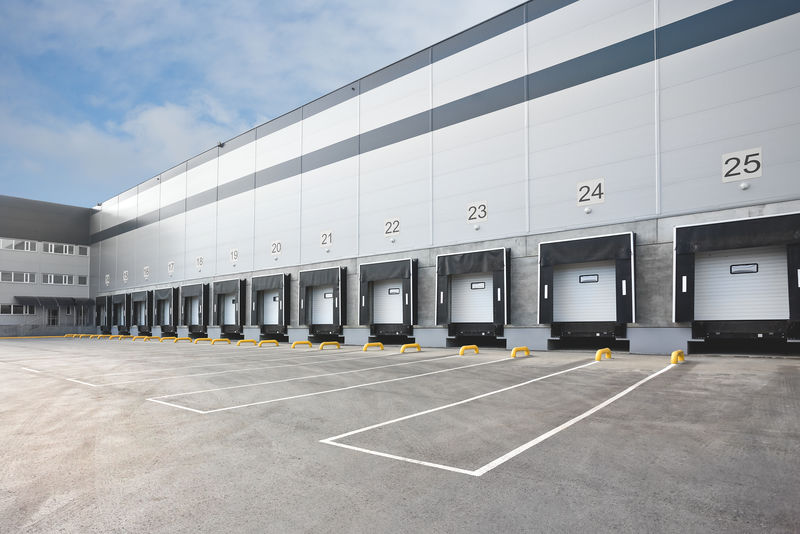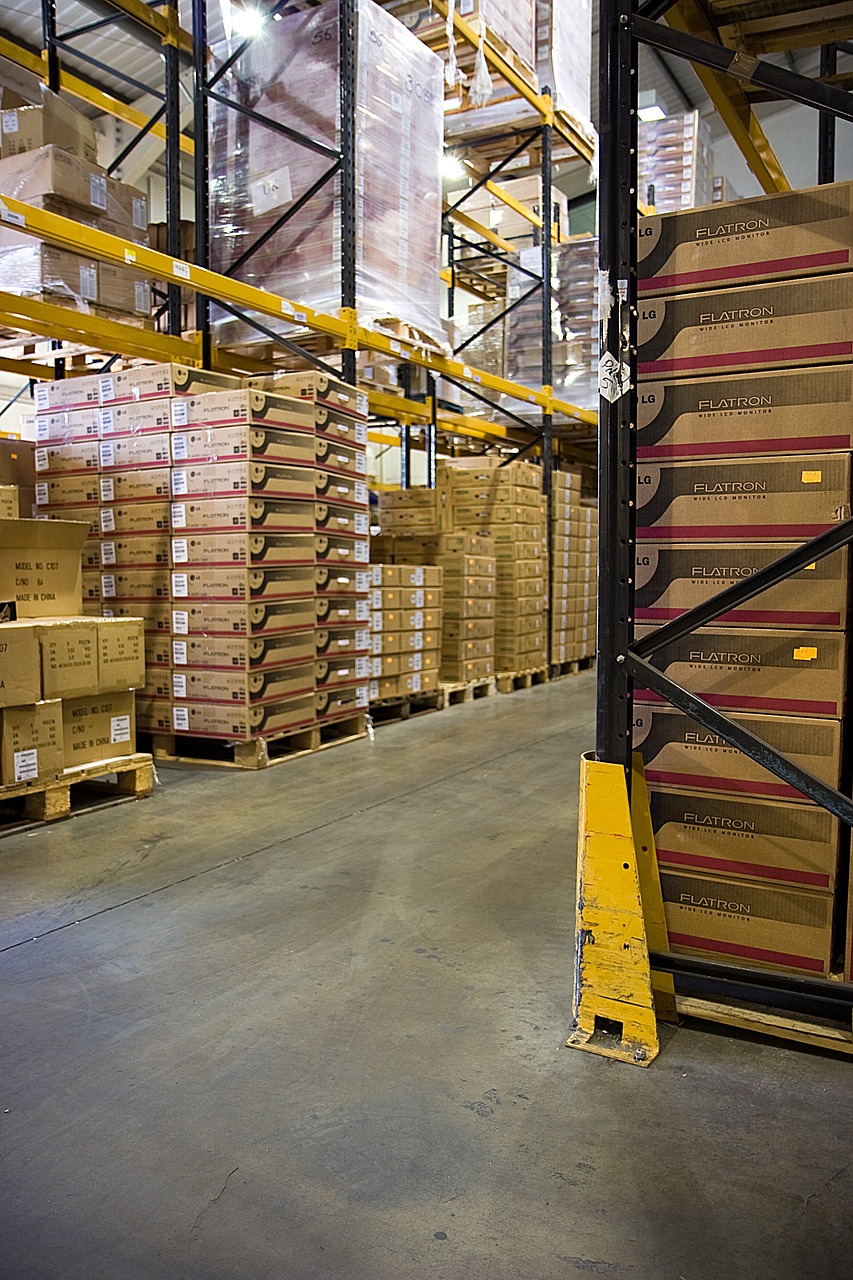Introduction
When it comes to shipping goods from China to the U.S., there are several important considerations to keep in mind, including shipping schedules, port selections, delivery methods, and additional fees. This guide will explain the most common shipping options, how to handle customs clearance, and provide details on the costs associated with shipping and delivery.
Shipping Schedules (Shipments from China to the U.S.)
There are three main types of shipping schedules for U.S.-bound goods from China:
- OA Alliance Standard Shipping
This includes vessels operated by major shipping lines such as COSCO, OOCL, and EMC. These ships typically take around 14 days to reach U.S. ports after departure. - Matson’s Expedited Service
Matson offers a fast shipping service from Ningbo and Shanghai to Los Angeles, with transit times of about 10 days. - ZIM and CUL’s Containerized Freight
These carriers also offer competitive services comparable to Matson’s, using containers with special frames for handling.
Note: The COSCO standard shipping service typically operates on a 4-week rotation, while Matson’s expedited service is on a 6-week rotation.
Port Selection: Los Angeles vs. New York
For goods heading to the U.S. West Coast, Los Angeles is the most common entry port due to its efficient transit times. However, if you’re shipping to the U.S. East Coast or Midwest, it may be cheaper to choose New York for delivery, even though this will increase the shipping time to around 30 days.
For e-commerce sellers, especially those on Amazon, there are options to ship goods directly to U.S. fulfillment centers for faster delivery.
Last-Mile Delivery Options: UPS vs. Trucking
Once the goods arrive at the U.S. warehouse, there are two primary options for last-mile delivery:
- UPS Delivery
UPS is a fast and reliable option. Once the goods reach a U.S. warehouse, UPS will handle the local delivery, ensuring quicker transit times. - Trucking Services
Trucking services are more cost-effective for larger shipments or bulky items. This is similar to domestic freight services in China. However, truck delivery is slower compared to UPS, though it is an economical option for large-volume shipments.
Shipping Pricing for Different Goods: Light vs. Heavy Shipments
Shipping prices vary significantly based on the type of goods being shipped. Pricing is typically calculated by either weight (kg) or volume (CBM):
- Light Goods (泡货)
These are billed based on volume, with a standard conversion rate of 1 CBM = 167 kg. - Heavy Goods (重货)
These shipments are charged based on actual weight or volume, whichever is higher. For heavy goods, if the actual weight exceeds 300 kg per CBM, it is classified as “heavy cargo.” If the weight exceeds 800 kg per CBM, it is considered “oversized.”
Additional Fees for Oversized or Special Goods
Certain items incur extra charges due to their size or packaging:
- Oversized Cargo:
For shipments with any dimension (length, width, or height) over 300 cm, an additional 3 RMB per kg is added to the base freight rate. If the cargo exceeds 400 cm, the charge rises to 4 RMB per kg. - Customs Handling Fees:
There are also fees for non-standard goods, such as products with unusual shapes (e.g., barrels, tires, or other cylindrical items). For these goods, a 150 RMB per piece charge may apply. - Special Handling:
Large packages or those that exceed 68 kg or 270 cm in length incur additional charges of 9100 RMB per package.
UPS Surcharges and Special Handling Fees
Starting January 1, 2021, UPS updated its surcharge structure for certain goods:
- Non-Standard Cargo
- Goods exceeding 120 cm in length or 75 cm in width may incur a 200 RMB surcharge.
- Items with dimensions exceeding 310 cm in total length or 240 cm in one dimension may face an additional 1200 RMB surcharge.
- Heavy items (over 22.5 kg but under 40 kg) or those exceeding 40 kg in volume are subject to a 280 RMB surcharge.
- Large Package Surcharge
- For packages exceeding 270 cm in length, there is a 9100 RMB surcharge. Packages exceeding 410 cm in total perimeter or 68 kg in weight will also face this surcharge.
- Address Correction Fees
If an address is incorrect or incomplete, UPS will charge a fee to correct the address, ranging from 18 USD to 119 USD per shipment.
FDA Certification for Medical or Food Products
Certain products, especially medical and food-related items, require FDA certification before they can be shipped to the U.S. Be sure to confirm whether your products fall into this category and include any necessary certification documentation before shipment.


